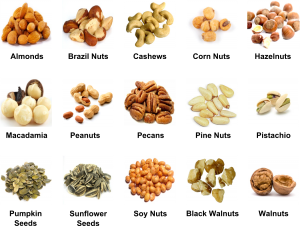 Hi – Kitchen activities allows dementia participants can improve dexterity and fine motor skills, which are often severely impaired. Plus, the activities also provide a sense of purpose. Enjoy – Meghan
Hi – Kitchen activities allows dementia participants can improve dexterity and fine motor skills, which are often severely impaired. Plus, the activities also provide a sense of purpose. Enjoy – Meghan
Donate Now!
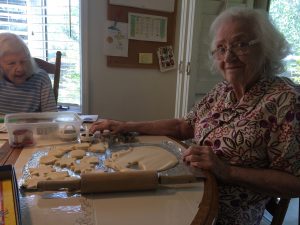
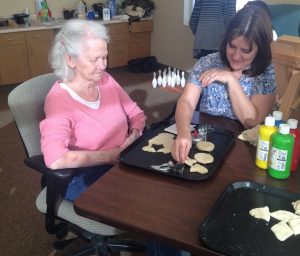
Play dough (recipe) or real dough and cookies cutters – Middle to late-stage dementia loved to play with dough. Make sure you have a tray or parchment paper or aluminum foil before they roll out the dough with a rolling pin. Next, have them make shapes with cookie cutters. For late-stage, tell them to push down and pull up with a cookie cutter – be encouraging!
Encouragement phrases: You can do it! Keep it up! Good work!
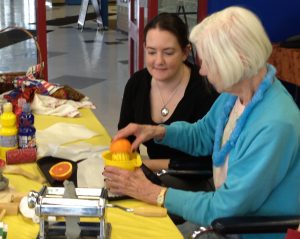
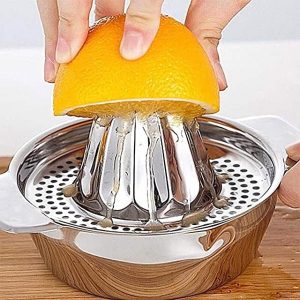
Juice making – Sensory work: Everyone can make juice! Orange juice or grapefruit juice or lemon juice or lime juice but you need a manual juicer.

Smelling without looking! Sensory work: Have a bowl of citrus fruit and cut each fruit (lemon, lime, orange or grapefruit) in half and smell! Make them tell if they smell lemon or lime, etc. Just do not give them a yes or no question.
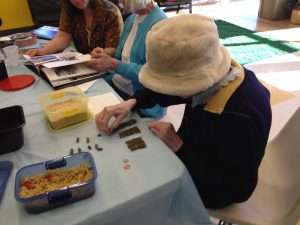
Pasta works – Bowl of uncooked colored pasta. The participant (middle to advanced stage dementia) can sort out the colored pasta. Be sure that they do not eat or swallow the pasta.
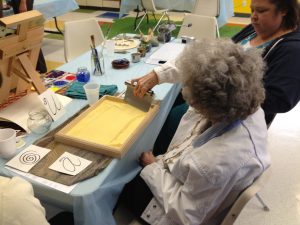
Cornmeal/sand and Letters – Middle to advanced stage dementia. Sensory work: Tray, scrape cornmeal/sand block, and letters card.
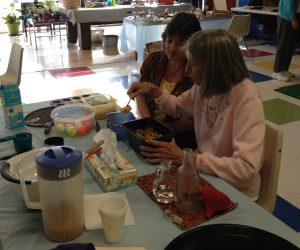 Spooning work – Spooning uncooked pasta or rice or beans from a bowl into a dish.
Spooning work – Spooning uncooked pasta or rice or beans from a bowl into a dish.
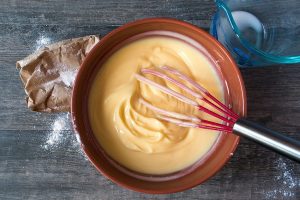

Measuring cup and mixing – The participant can mix pudding in a bowl.
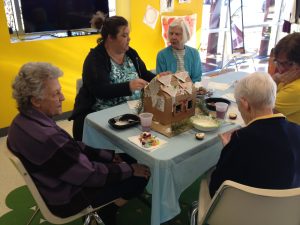
Cake decorating – Gingerbread house
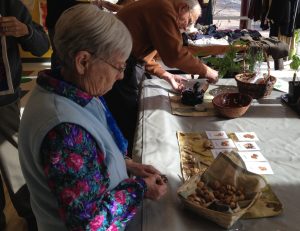 Assorted nuts and names – Match the nuts to the names (acorn, walnut, pecan) for early to middle stage dementia. When they names the nuts and may cracked the nuts open and eat them. Make sure the participant is not allergic to nuts! Here is a list of nuts
Assorted nuts and names – Match the nuts to the names (acorn, walnut, pecan) for early to middle stage dementia. When they names the nuts and may cracked the nuts open and eat them. Make sure the participant is not allergic to nuts! Here is a list of nuts 